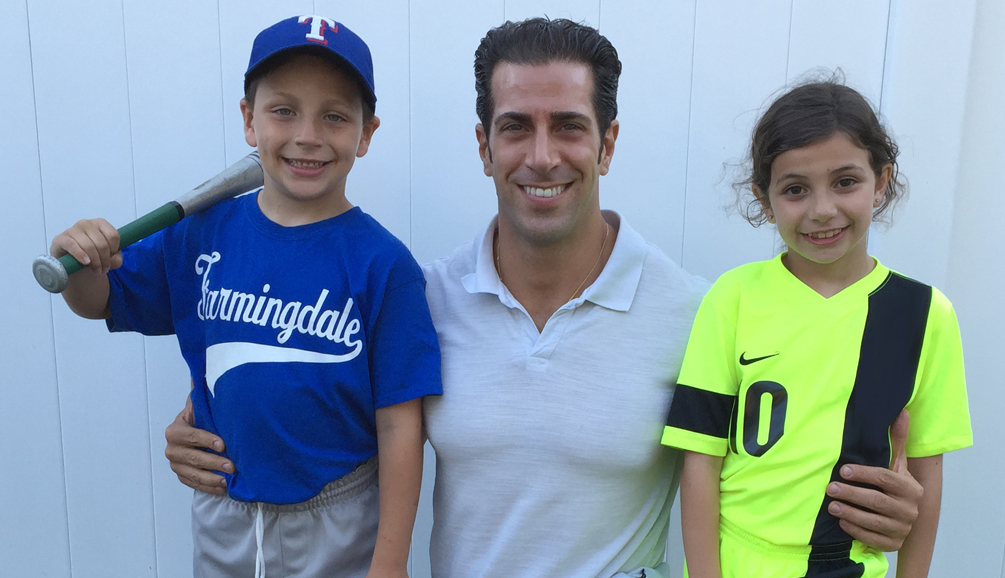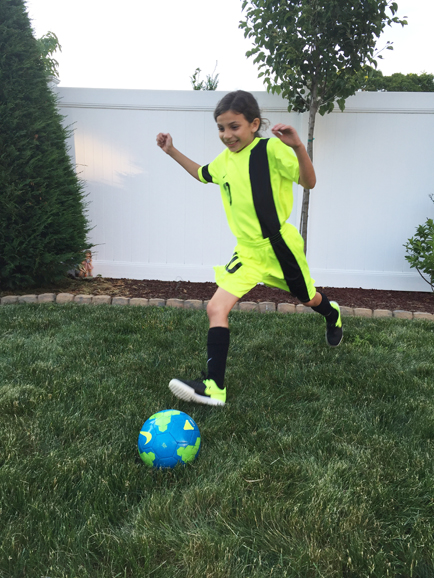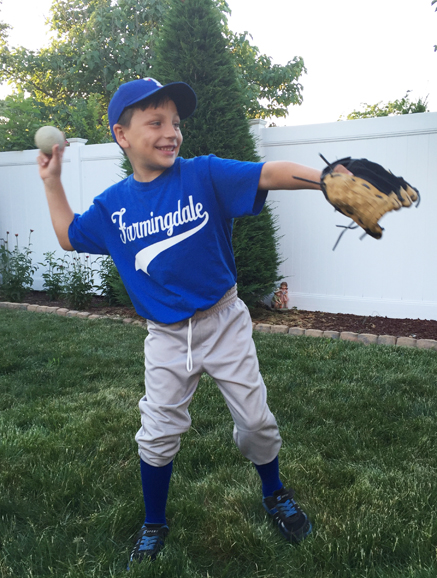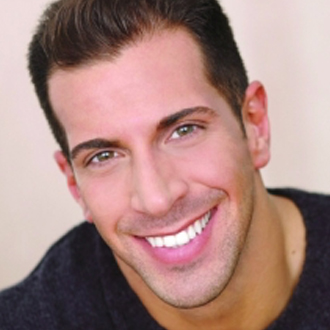“Your child’s success or lack of success in sports does not indicate what type of parent you are. But having an athlete that is coachable, respectable, a great teammate, mentally tough, resilient and tries their best is a direct reflection of your parenting.”
—Coach Bruce Brown of Proactive Coaching
Our world continues to evolve and sports are no exception. Athletes are bigger, faster and stronger. Professional athletes in particular display phenomenal skills. Equally mindboggling is the potential money to be made for simply playing a game.
Thus, the competitive nature of youth sports and athletics has reached new heights. Some would say not for the better. A common misconception in the fitness industry is that more is better. The same holds true for sports. Travel teams and year-round sports have become the norm. But is this better for our children?
It seems that in today’s world we have two contrasting situations: Either your child needs to get off their iPads, iPhones — iEverything — and move more, or he is constantly being shipped to this practice, game or recital. Can we find the right balance?
LISTEN TO THE DOCTOR
Orthopedic surgeon James Andrews has become so alarmed by the latter trend that he is issuing written and verbal warnings to anyone willing to listen. Andrews, who has practiced medicine for nearly 40 years, is most famous for his ability to put professional athletes back together. In 2010, Andrews was the only doctor to be named among the top 40 most powerful people in the NFL by Sports Illustrated.
He’s found that overuse of the body followed by lack of recovery time is one of the main contributing factors in sports injuries: “Professionalism is taking these kids at a young age and trying to work them as if they are pro athletes, in terms of training and year-round activity … They’re thinking, ‘What’s more is better,’ and they’re ending up getting the kids hurt.”
Andrews gives this advice to parents: “The first thing I would tell them is, their kid needs at least two months off each year to recover from a specific sport, preferably, three to four months. Example — youth baseball . . . let the body recover in order to avoid overuse situations. That’s why we’re seeing so many Tommy John procedures, which is an adult operation designed for professionals. In my practice now, 30 to 40 percent of the ones I’m doing are on high-schoolers, even down to ages 12 or 13. They’re already coming in with torn ligaments. Give them time off to recover. Please. Give them time to recover.”
WHAT SPORTS CAN TEACH US
The highs and lows of sports are like an emotional roller-coaster. We learn from striking out with the bases loaded and from getting the game-winning hit. There are great benefits to both. Some of the most successful people on the planet will tell you that past failures are the reason for their ultimate success. They help us mold our character, build resilience and acquire perseverance.
But we are also products of our environment. Certain qualities, or lack thereof, are instilled in us by what we see and hear. This past April at a high school baseball game in Cooper City, Fla., a brawl erupted between two parents, who fought each other to the ground before being separated. The stunned children stopped playing and stared at the violence in horror.
During elementary school youth sports, I’ve witnessed many parents pacing and yelling at the umpires and referees, telling them how to do their jobs. Is this the type of behavior we want for our children? What are your children learning about sportsmanship and character from his/her triumphs and defeats and from your reaction to them?
WHAT NOW? CELEBRATE INNOCENCE.
It seems like childhood is being cut short. Let your children be kids. Let them celebrate the joy that comes along with being a child. As we have learned as adults, the world only becomes more complex and stressful as we get older. Kids will lose in sports. They will win in sports. Let’s model the behavior we want our children to learn and encourage safe playing limits so that they can benefit the most from their sports activities.
Reach Giovanni on twitter @GiovanniRoselli and his website, GiovanniRoselli.com.




